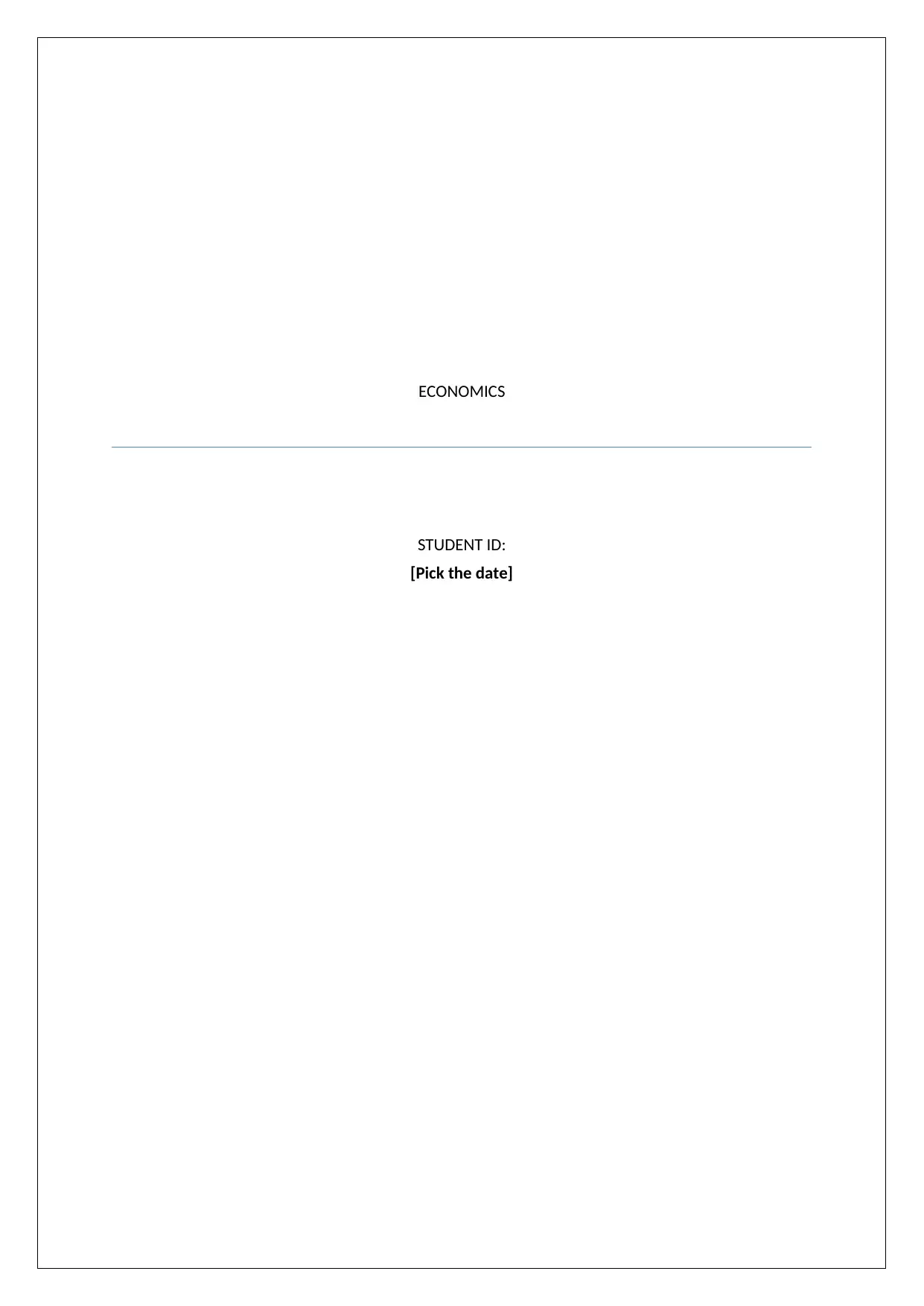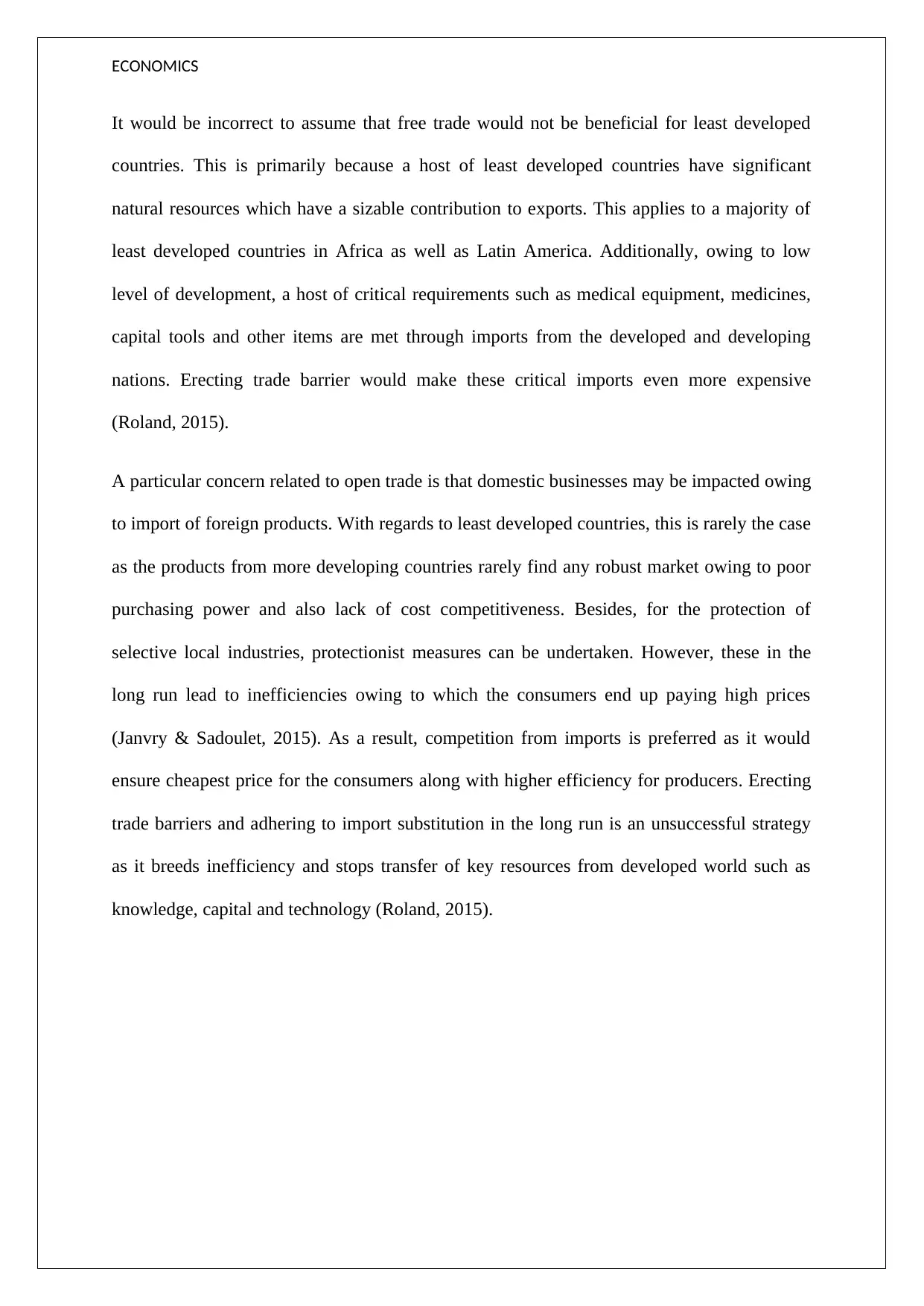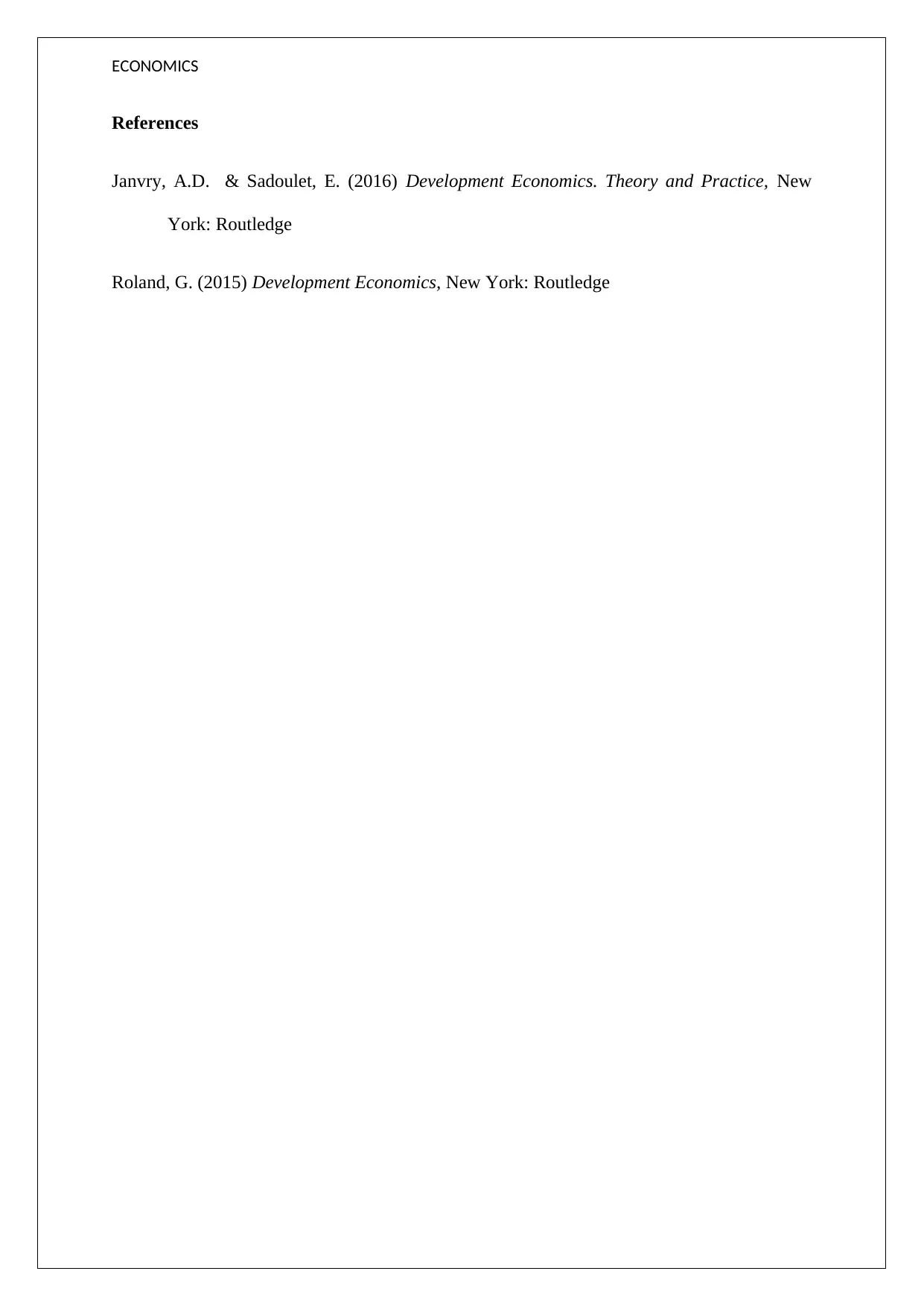Economics: Impact of Trade on Least Developed Countries and Barriers
VerifiedAdded on 2023/04/10
|3
|280
|147
Report
AI Summary
This assignment examines the impact of international trade on least developed countries (LDCs). It argues against the assumption that free trade is not beneficial, highlighting the significance of natural resources and the necessity of imports for LDCs. The assignment discusses how trade barriers can increase the cost of essential imports such as medical equipment. It also addresses concerns about the impact on domestic businesses, suggesting that LDCs' low purchasing power and lack of cost competitiveness often mitigate this issue. The assignment further suggests that protectionist measures and import substitution strategies are ineffective in the long run, hindering the transfer of knowledge, capital, and technology from developed countries. The conclusion emphasizes the benefits of competition from imports in ensuring lower prices and greater efficiency. The assignment references works by Janvry & Sadoulet (2016) and Roland (2015).
1 out of 3








![[object Object]](/_next/static/media/star-bottom.7253800d.svg)